Hence, the recent research and development in the production of biofuel as alternative energy. sources that will compete well with the existing energy sources (fossil fuel) is now. concentrated on in-edible oil, which is the focus of this present study [26-31].

The non-edible vegetable oils such as Jatropha curcas and Pongamia glabra (karanja) and edible oils such as corn germ and canola were found to be good viable sources for producing biodiesel. Biodiesel production from different edible and non-edible vegetable oils was compared in order to optimize the biodiesel production process.
Get Price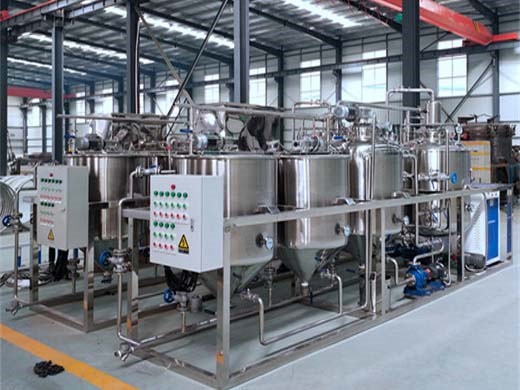
Biodiesel is an alternative to petroleum-based fuels derived from a variety of feedstocks, including vegetable oils, animal fats, and waste cooking oil. At present, biodiesel is mainly produced from conventionally grown edible oils such as soybean, rapeseed, sunflower, and palm.
Get Price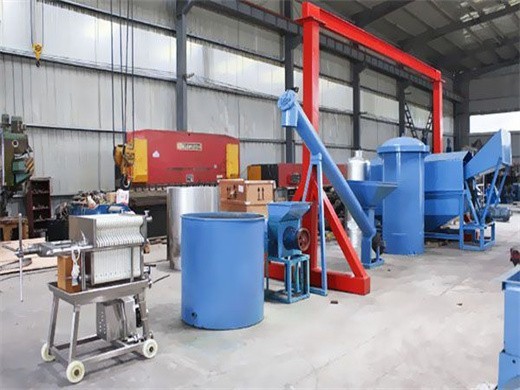
Most of the biodiesel was prepared from edible oils like soyabean, rapeseed, sunflower, safflower, canola, palm and fish oil. Cost of edible oils is very higher than Petroleum
Get Price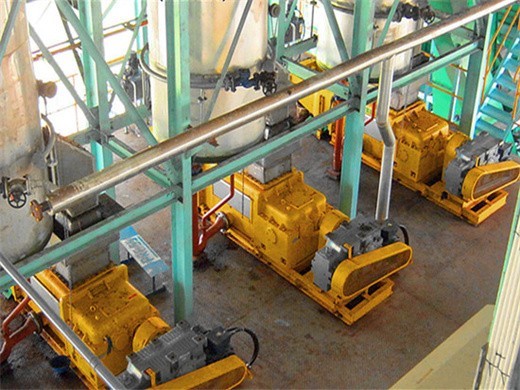
Production of Biodiesel from Non Edible Oil and its Properties 1546 Biodiesel is an alternative fuel made from renewable biological sources such as vegetable oils both (edible and non edible oil) and animal fats (Antony Raja et al., 2011). It can be defined
Get Price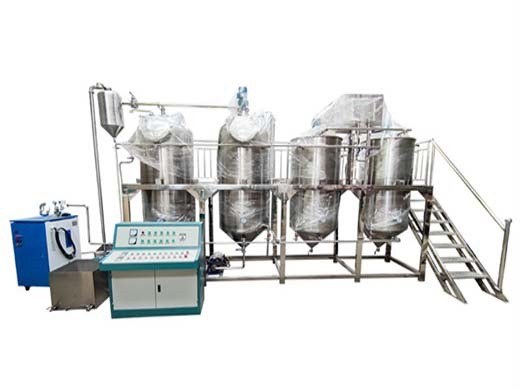
Production, characterization and performance of biodiesel as an alternative fuel in diesel engines A review H.C. Ong, A.S. Silitonga, H.H. Masjuki, et al.Production and comparative fuel properties of biodiesel from non-edible oils: Jatropha curcas, Sterculia M. BalatPotential alternatives to edible oils for biodiesel production - A
Get Price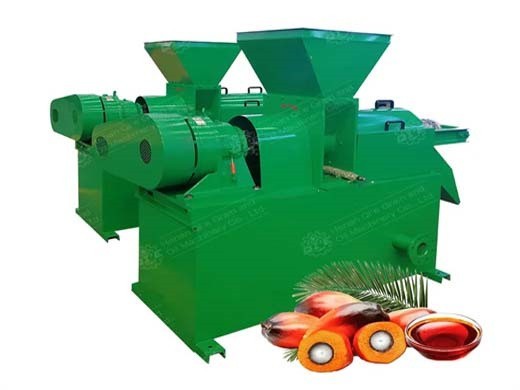
Biofuel from non-edible oils Today, cheap feedstocks are needed to make the production of biofuels聽profitable. The use of food crops as a resource for biodiesel is not聽economically competitive with petroleum-based diesel fuel. 聽Fortunately, around the world large amounts of inedible oil plants are widely聽available.
Get Price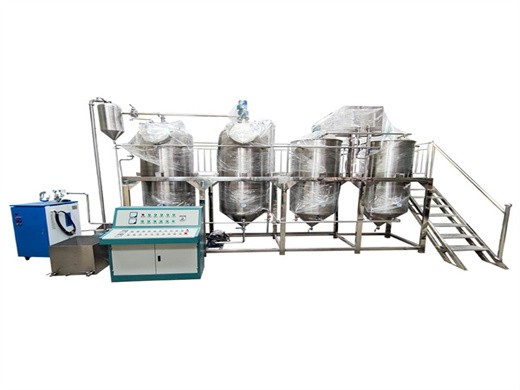
Biodiesel production from non-edible oils has become one of the most crucial areas in search for renewable fuels due to rapid depletion of fossil fuels and food versus fuel issues. Aleurites trisperma, a tree species belonging to Euphorbiaceae family yields about 250-kg seeds per tree per year during Julyugust. Seeds contain about 380 % oil which is rich in nervonic acid.
Get Price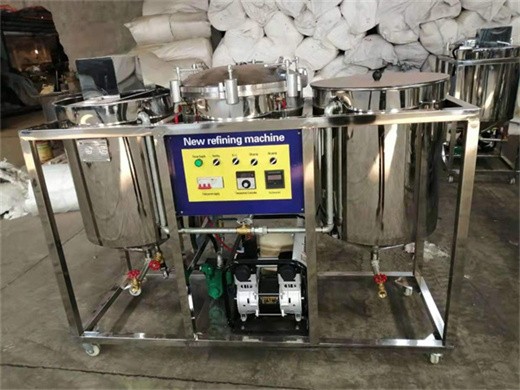
The non-edible vegetable oils such as Jatropha curcas and Pongamia glabra (karanja) and edible oils such as corn germ and canola were found to be good viable sources for producing biodiesel. Biodiesel production from different edible and non-edible vegetable oils was compared in order to optimize the biodiesel production process.
Get Price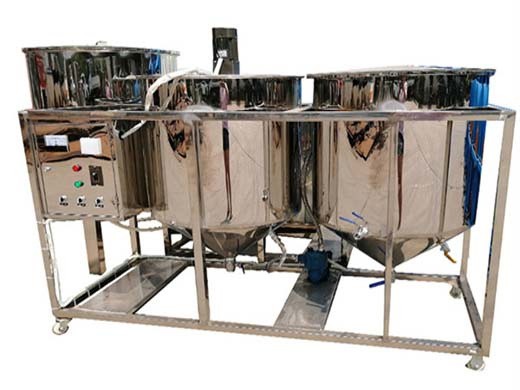
Edible oils are the major sources to produce biodiesel fuel like sunflower, soybean, and palm oils. Due to higher prices of edible vegetable oils compared to diesel fuel, waste vegetable oils and non-edible crude vegetable oils (mango oil, orange oil, pumpkin oil, avocado oil, beniseed oil etc.) are now being used as biodiesel sources. However
Get Price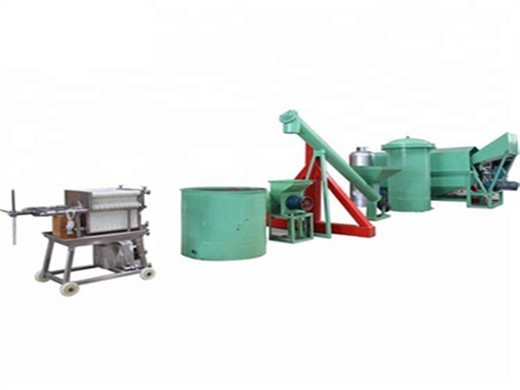
Production of Biodiesel from Non Edible Oil and its Properties 1546 Biodiesel is an alternative fuel made from renewable biological sources such as vegetable oils both (edible and non edible oil) and animal fats (Antony Raja et al ., 2011). It can be defined
Get Price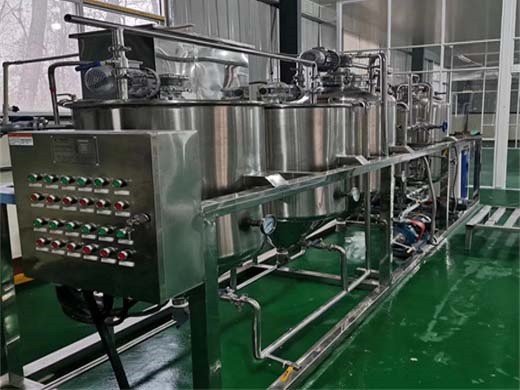
biodiesel can be compared with the other oil. This review paper mainly focus on extraction of oil, biodiesel processing, physio chemical characteristics and effect of different parameter on production of biodiesel. Keywords: Non-edible oils (Neem & Soapnut), Biodiesel, Free Fatty Acid (FFA), Trans esterification, Two-step catalyzed method. 1.
Get Price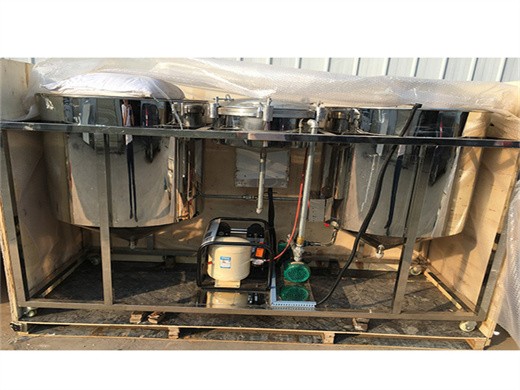
Themes of interest to this Research Topic include: Identification of new plant seed oils and development of engineered plant seed oils that could be used as feedstocks for biodiesel production with focus on non-edible oils Sustainable lipids production from microalgae as feedstocks for biodiesel production Advances in extraction
Get Price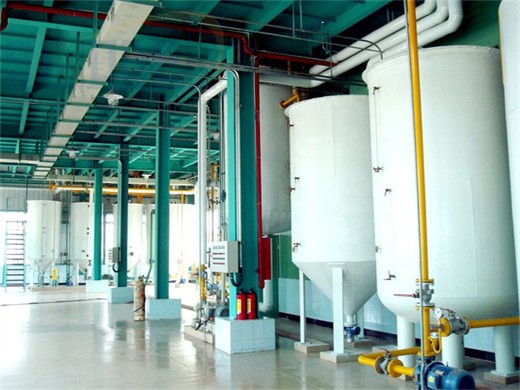
Mushtaq Ahmad, Mir Ajab Khan, Muhammad Zafar and Shazia Sultana (August 29th 2011). Biodiesel from Non Edible Oil Seeds: a Renewable Source of Bioenergy, Economic Effects of Biofuel Production, Marco Aur lio dos Santos Bernardes, IntechOpen, DOI: 10.5772/24687. Available from:
Get Price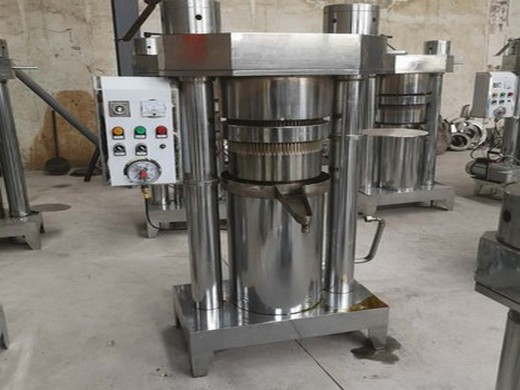
Besides its lower cost, another undeniable advantage of non-edible oils for biodiesel production lies in the fact that no foodstuffs are spent to produce fuel [4]. These and other reasons have led to medium- and large-scale biodiesel production trials in several countries, using non-edible oils such as castor oil, tung, cotton, jojoba and jatropha.
Get Price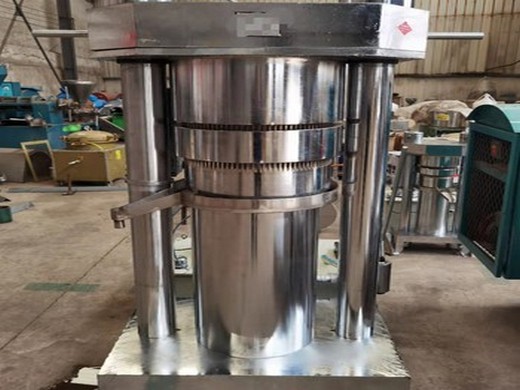
Biodiesel production from non-edible oils has become one of the most crucial areas in search for renewable fuels due to rapid depletion of fossil fuels and food versus fuel issues. Aleurites trisperma, a tree species belonging to Euphorbiaceae family yields about 250-kg seeds per tree per year during Julyugust. Seeds contain about 380 % oil which is rich in nervonic acid.
Get Price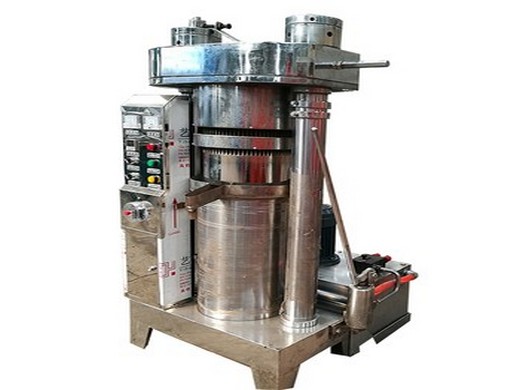
Biodiesel production from non-edible oils has become one of the most crucial areas in search for renewable fuels due to rapid depletion of fossil fuels and food versus fuel issues. Aleurites trisperma, a tree species belonging to Euphorbiaceae family yields about 250-kg seeds per tree per year during Julyugust. Seeds contain about 380 % oil which is rich in nervonic acid.
Get Price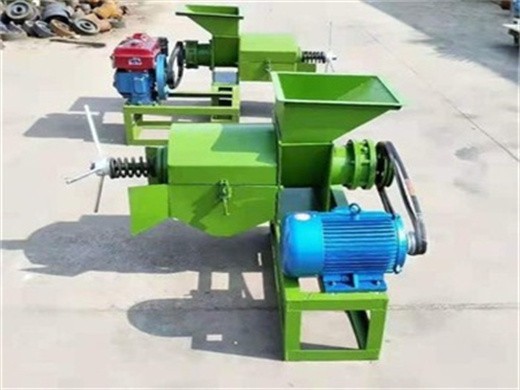
Biodiesel is a more attractive product from Sapodilla seed oil for diesel engines, because of the seeds are chiefly available & non-edible to all human beings. Since most of the biodiesel were derived from edible oils like soybean, sunflower, rapeseed, palm etc.
Get Price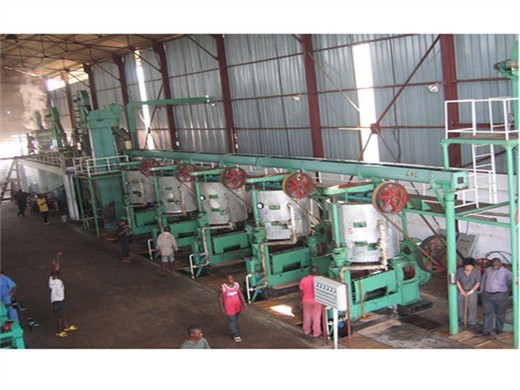
(2020). Production of biodiesel from non-edible oil, wild mustard (Brassica Juncea L.) seed oil through cleaner routes. Energy Sources, Part A: Recovery, Utilization
Get Price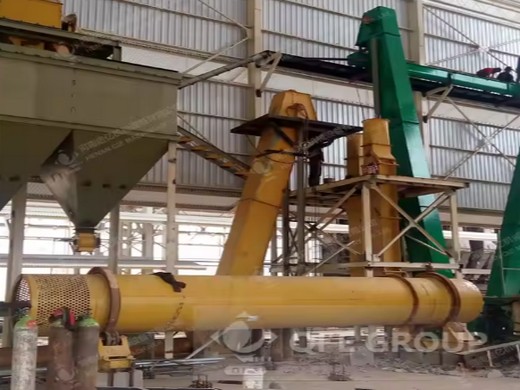
Evaluation of Radish (Raphanus sativus) seed oil (RSO) as a non-edible feedstock for biodiesel production was the main target of the present study. Extraction by solvent disclosed that radish seeds contains 33.50 wt.% of oil. Therefore, biodiesel production from it could be beneficial.
Get Price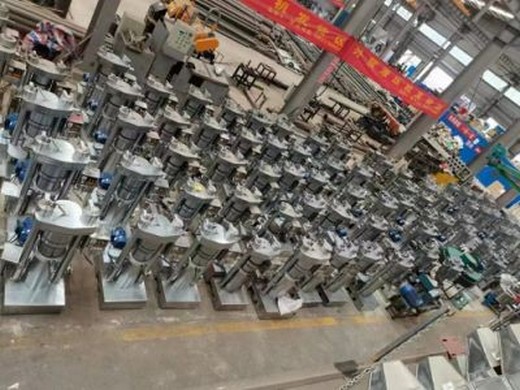
Biodiesel Production from Different Non-edible oils containing High Free Fatty Acid . M.K. Mohanty& S. Mishra . Abstract: Demand of fuels is increasing gradually. It is likely to increase the import dependence for oil in India which is about 70 per cent. It is also well known that the petroleum resources are limited which are non-renewable in
Get Price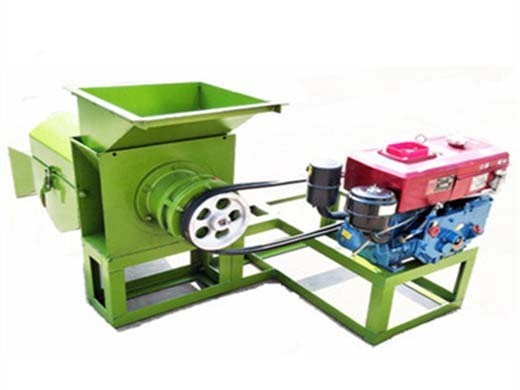
Moreover, these oils could be more expensive to use as fuel. Hence, the contribution of non-edible oils such as jatropha and soapnut will be significant as a non-edible plant oil source for biodiesel production. Jatropha is grown in marginal and waste lands with no possibility of land use competing with food production.
Get Price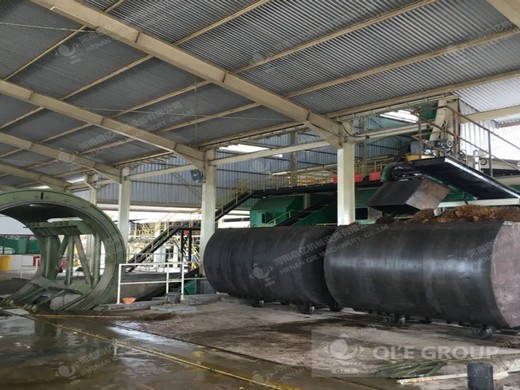
Triglycerides used for the production of biodiesel come from various sources: edible oils, non-edible oils, waste/used oils, animal fats and from microorganisms (Meng, et al; 2009). However, there is an economic sense in the use of waste oil feedstocks such as recovered oil from SBE or PK.
Get Price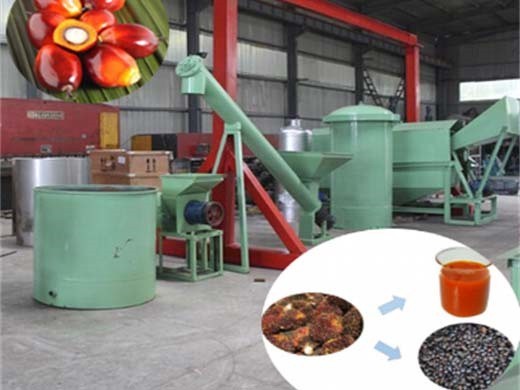
As a result, in many countries the use of non-edible vegetable oil for biodiesel production is becoming very popular. The use of non-edible oils avoids direct competition with food. In addition, plants bearing non-edible oil are considered capable of growing on marginal soil, land not suitable for food production ( Chhetri et al ., 2008 ).
Get Price
(2020). Production of biodiesel from non-edible oil, wild mustard (Brassica Juncea L.) seed oil through cleaner routes. Energy Sources, Part A: Recovery, Utilization
Get Price
Production, Characterization and Process Variables of Biodiesel from Non-Edible Plant Oil (Neem & Soapnut): A Review. Abdullahi Isiyaku Kankia; Abdullahi Musa Abubaka; Daha Umar Ishaq
Get Price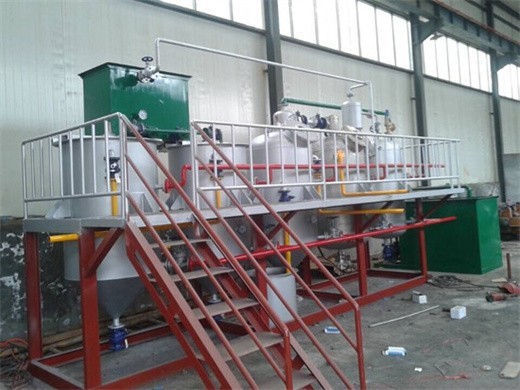
addition, the production of biodiesel should be encouraged especially in developing countries because of the following considerations; Biodiesel is produced from sustainable/ renewable biological sources. Ecofriendly and oxygenated fuel. It provides a market for excess production of vegetable oils and animal fats.
Get Price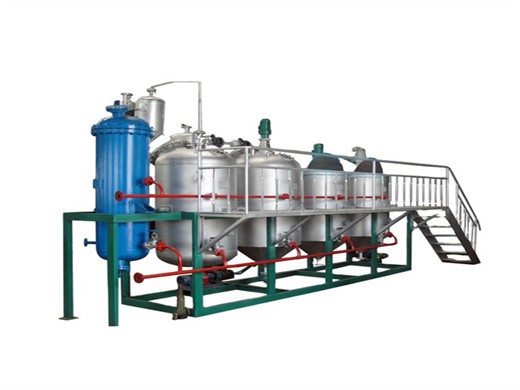
PRODUCTION OF BIODIESEL FROM NON-EDIBLE TREE-BORNE OILS AND ITS FUEL CHARACTERIZATION NABNIT PANIGRAHI a1, AMAR KUMAR DAS b AND KEDARNATH HOTA c abc Gandhi Institute For Technology ABSTRACT This article intends to extract oil from non-edible seeds like neem, polanga, mahua and simarouba in the form of crude vegetable oil.
Get Price
Production and Characterization of Biodiesel from Brebra (M. ferruginea) Seed Non-edible Oil: Berhanu Andualem and Amare Gessesse: Abstract: Millettia ferruginea is a leguminous tree endemic to Ethiopia. Although brebra tree produces large quantities of seeds, currently the seed application is limited.
Get Price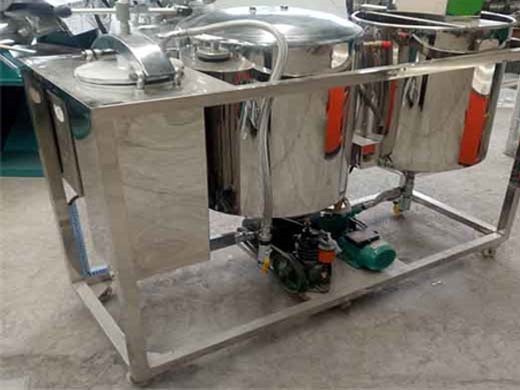
Biodiesel Production from Different Non-edible oils containing High Free Fatty Acid . M.K. Mohanty& S. Mishra . Abstract: Demand of fuels is increasing gradually. It is likely to increase the import dependence for oil in India which is about 70 per cent. It is also well known that the petroleum resources are limited which are non-renewable in
Get Price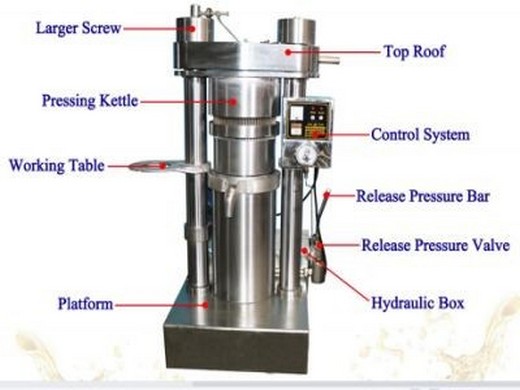
Pangium edule Reinw is a non-edible feedstock. Pangium is a tall tree native to the Micronesia, Melanesia and the mangrove swamps of South-East Asia. In this study, biodiesel production and characterization from P. edule oil was reported. The seeds were obtained from Bogor, Indonesia. The oil was found to have an acid value of 19.62 mg KOH/g
Get Price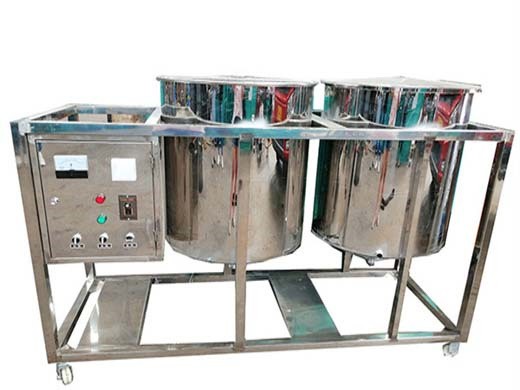
Development And Characterization Of Biodiesel From Non-Edible Vegetable Oils Of Indian Origin 2004-28-0079 Increased environmental awareness and depletion of fossil fuel resources are driving industry to develop alternative fuels that are environmentally more acceptable.
Get Price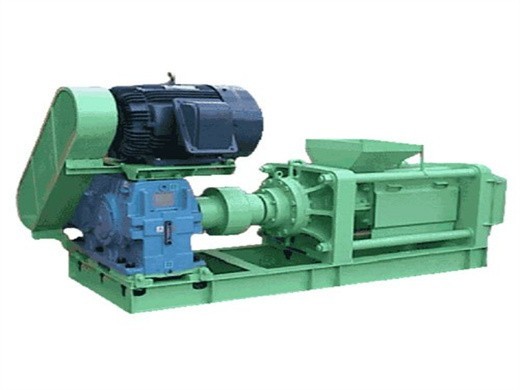
(2020). Production of biodiesel from non-edible oil, wild mustard (Brassica Juncea L.) seed oil through cleaner routes. Energy Sources, Part A: Recovery, Utilization
Get Price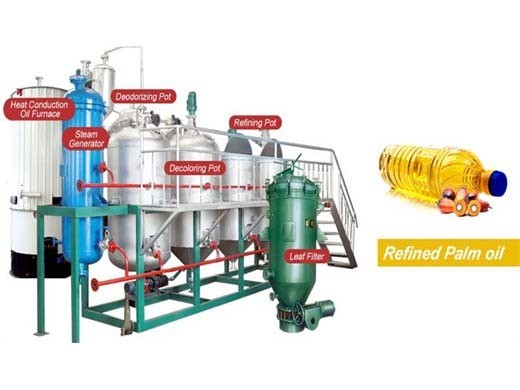
Downloadable! Biodiesel is a clean and renewable fuel, which is considered as the best alternative to diesel fuel, but the feedstock contributes more than 70% of the cost. The most important constituent essential for biodiesel development is to explore cheap feedstock with high oil content. In this work, we found novel non-edible plant seeds of Koelreuteria paniculata (KP) with high oil
Get Price
Characterization of Oil and Biodiesel Produced from Thevetia peruviana (Yellow Oleander) Seeds. Ana Godson R. E. E. *, Udofia Bassey G. Department of Environmental Health Sciences, Faculty of Public Health, College of Medicine, University of Ibadan, Ibadan
Get Price
biodiesel production from edible oil [5]. Hence, as a solution for the competition with food versus fuel crisis, the non-edible vegetable oils are found to be suitable for biodiesel production under the experimental conditions [6]. Biomass Energy grown for production of transport fuels is obtained from the naturally growing plants and there are
Get Price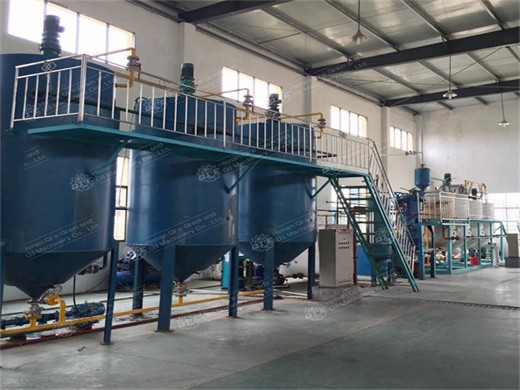
Edible oil seed crops can be used for the generation of bio diesel. They are known as first generation biodiesel feed stocks and the second generation feed stocks including non-edible seed crops created special relevance for biodiesel production (Indhumathi, et al., 2014). The third-generation feed stock, focuses on macro algae.
Get Price
edible oils, protein, and carbohydrate. Globally, 50% of groundnut produced is used for oil Production and Characterization of Biofuel from Refined Groundnut Oil 199 such as babassu and crude raisin seed oil; non-vegetable sources such as industrial tallow and even fish oils were also investigated [26]. Walton, (1938) summarized results
Get Price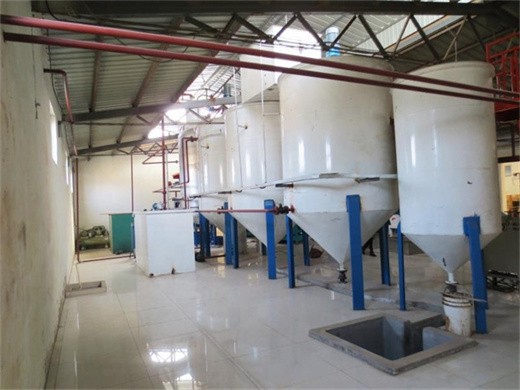
Non-edible vegetable oils which are known as the second generation feedstock can be considered as promising substitutions for traditional edible food crops for the production of biodiesel. The use of non-edible plant oils is very significant because of the tremendous demand for edible oil as food source [7].
Get Price